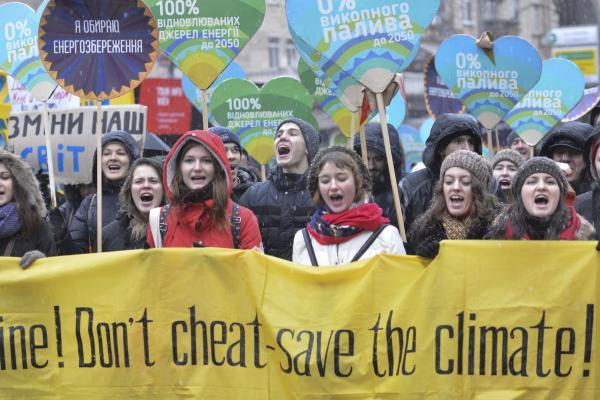Dec 10, 2015
It was not so long ago that the cobblestones of Paris were red with blood. November 2015: terrorism. 1940: WWII. 1914: WWI. 1871: Prussians (post Napoleon). 1789: Revolution. One could keep going: 1479 – Joan of Arc.
With such a history in mind, and with politicians screaming “crusades” not so far away, it is no small thing to witness thousands upon thousands of people gathered to sit at tables with laptops and coffee and microphones and to talk to one another, countries who have warred with one another and taken one another’s trees and lakes and minerals. Here are 190 countries – not counting the many indigenous nations still unrecognized but many of which are still present.
Read the Full Article

Already a subscriber? Login
